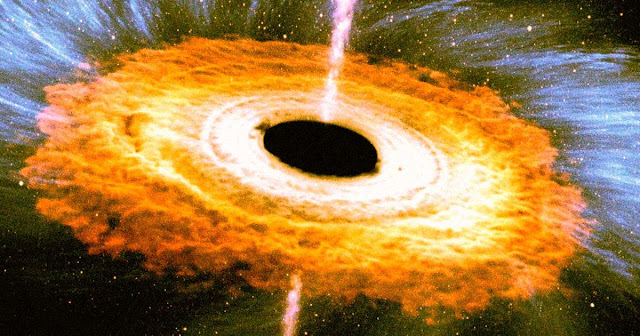SpaceX Starlink launch & Falcon 9 first stage landing, 29 January 2020
WASHINGTON - SpaceX completed its second Starlink launch in January 29, according to a target rate that the company set last year to launch two dedicated Starlink missions each month throughout 2020.
SpaceX has said it will test its satellites around this low altitude, where it expects any failure to consume in the Earth's atmosphere after a few months. After completing the checks, SpaceX plans to raise the satellites to an operational orbit of 550 kilometers.
The launch - SpaceX's fourth for Starlink without counting two demonstration satellites launched in 2018 - included an improved set of satellites designed for better spectral efficiency and better throughput. Bad weather delayed the mission by about a week.
The Falcon 9's first stage booster landed on the drone ship "Of Course I Still Love You" in the Atlantic Ocean, completing its third space voyage. SpaceX previously used the booster to launch the company's Crew Dragon capsule during a March 2019 demonstration mission for NASA and to launch three Canadian radar satellites last June.
SpaceX managed to catch half a payload fairing with "Mrs. Tree", a boat equipped with a large net. Jessica Anderson, a SpaceX manufacturing engineer who co-narrated the launch, said the second half of the fairing had missed her recovery boat. Chef, "but seemed to have a freshwater landing.
SpaceX has said it will test its satellites around this low altitude, where it expects any failure to consume in the Earth's atmosphere after a few months. After completing the checks, SpaceX plans to raise the satellites to an operational orbit of 550 kilometers.
The launch - SpaceX's fourth for Starlink without counting two demonstration satellites launched in 2018 - included an improved set of satellites designed for better spectral efficiency and better throughput. Bad weather delayed the mission by about a week.
The Falcon 9's first stage booster landed on the drone ship "Of Course I Still Love You" in the Atlantic Ocean, completing its third space voyage. SpaceX previously used the booster to launch the company's Crew Dragon capsule during a March 2019 demonstration mission for NASA and to launch three Canadian radar satellites last June.
SpaceX managed to catch half a payload fairing with "Mrs. Tree", a boat equipped with a large net. Jessica Anderson, a SpaceX manufacturing engineer who co-narrated the launch, said the second half of the fairing had missed her recovery boat. Chef, "but seemed to have a freshwater landing.
"We will remove this fairing halfway out of the water and hopefully reuse it in the future," she said.
Changes to Starlink
SpaceX has now launched 242 Starlink broadband satellites, although not all of the satellites were part of the constellation when it entered service, a milestone scheduled for later this year in Canada and the United States.
A dozen Starlink satellites have not raised their orbit, according to observations by Jonathan McDowell, an astronomer at the Harvard-Smithsonian Center for Astrophysics, who tracks the movements of the satellites.
SpaceX spokesperson James Gleeson, when asked about the 10 satellites, said that SpaceX "was carrying out controlled desorbitation of several first iteration Starlink satellites", using on-board propulsion.
“Although these satellites are operational and capable of providing service, the second iteration of the Starlink satellites that SpaceX has started to deploy offers better spectrum efficiency, more capacity and optimized service to the end user,” said -he declares.
SpaceX's Starlink satellites launched on January 29 each weigh around 260 kilograms, an increase of 33 kilograms compared to the 60 satellites launched in May 2019.
SpaceX said the most recent Starlink satellites have four phased array antennas. Previous satellites have been described as having "multiple" phased array antennas.
SpaceX has changed the design of Starlink since the start of the program. The first 60 satellites have been described as being 95% demolished during reentry, which means that some components were at risk of reaching the surface of the Earth. During the second dedicated launch in November, the Starlink design included completely removable parts.
SpaceX is also experimenting with ways to reduce the impact of Starlink on astronomy. Earlier this month, the company launched a satellite dubbed "DarkSat" with a darkening coating to make it less visible to astronomers and ground observatories.
SpaceX CEO Elon Musk said in May 2019 that future versions of Starlink will include inter-satellite links. He then said that the company wanted to keep the Starlink satellites in orbit for four to five years before desorbing them and replacing them with newer and better models.









































